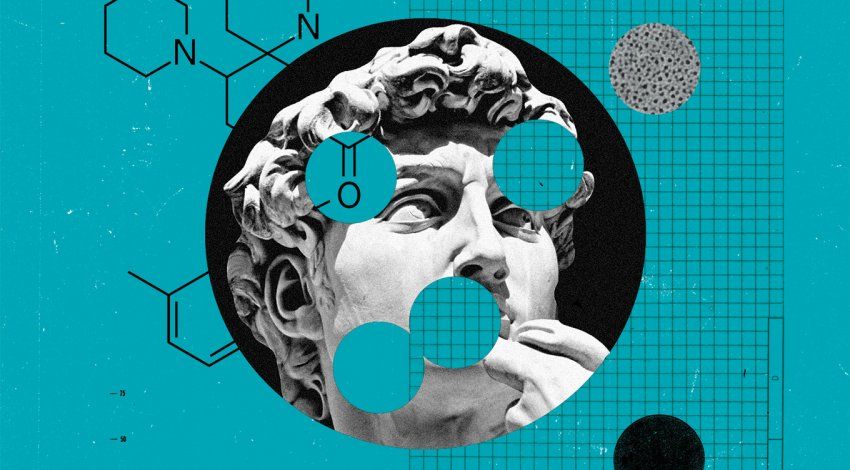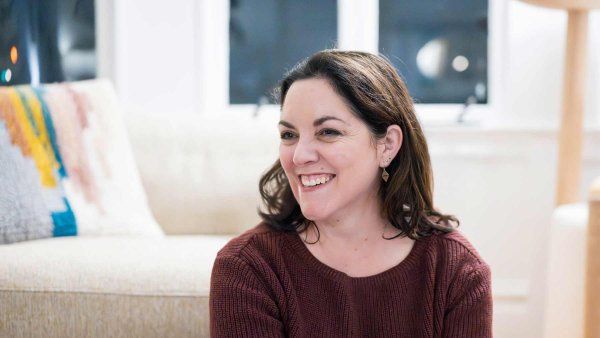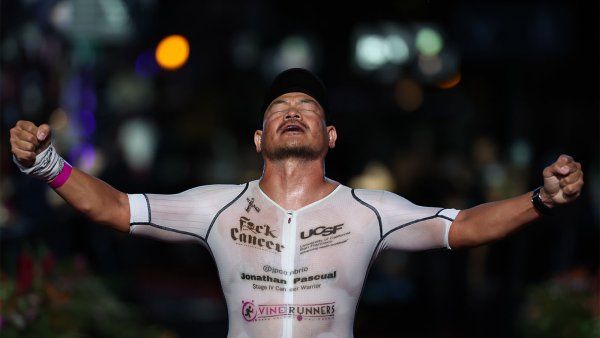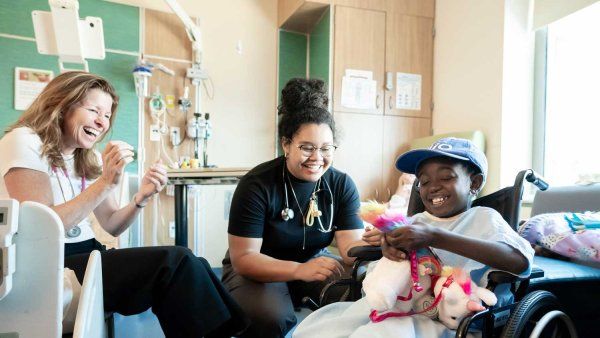
How Do We Make Medicine Moral?
Q&A with leading bioethicist Barbara Koenig
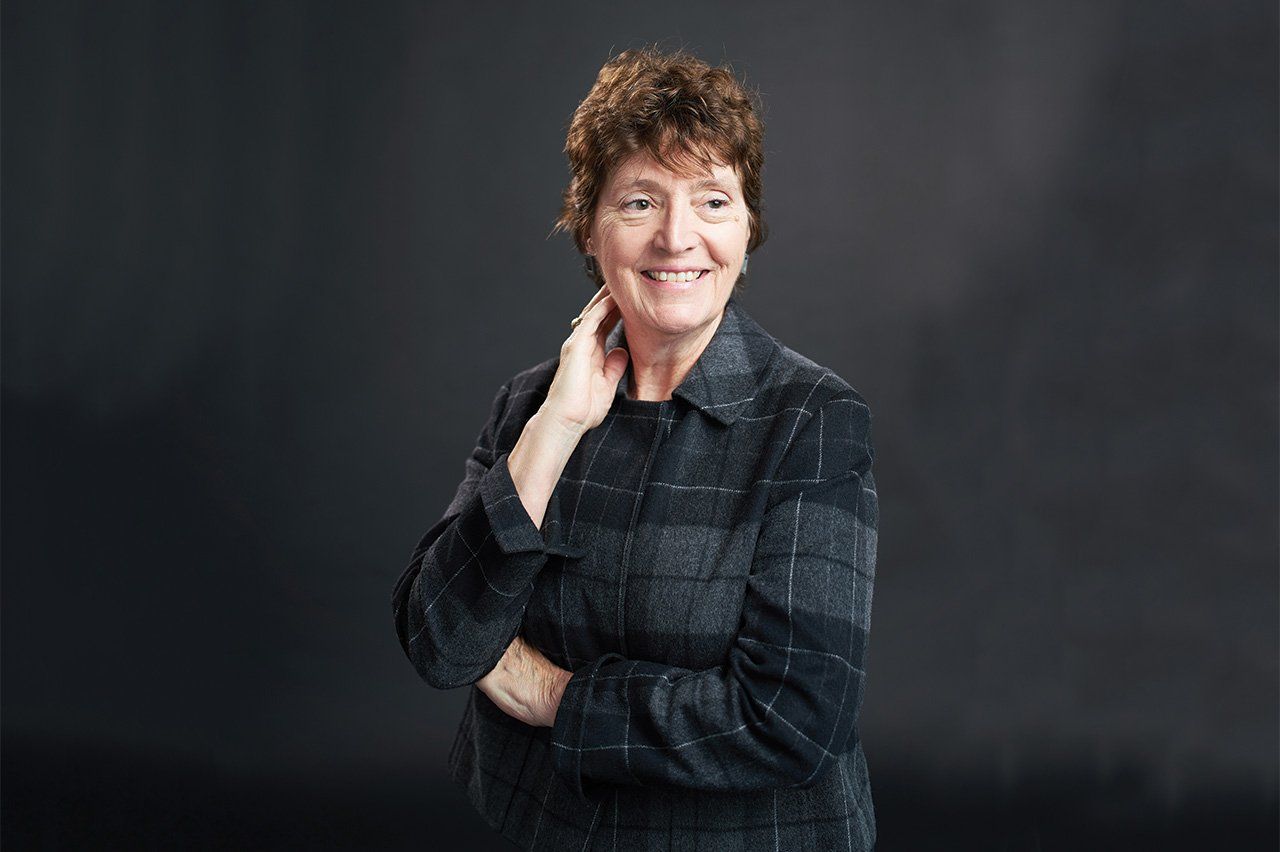
Photo: Steve Babuljak
Barbara Koenig, PhD ’88, is leading a prodigious effort to help UCSF faculty and students navigate the ethical challenges posed by medicine’s ever-expanding technological prowess. A medical anthropologist who started her career as a pediatric nurse, Koenig spent 20 years developing and leading bioethics programs at Stanford and the Mayo Clinic before returning to UCSF and, in 2016, launching the Bioethics Program in the School of Nursing’s Institute for Health and Aging.
What big ethics questions is UCSF facing?
Here in the Bay Area and at UCSF, we are often on the cutting edge of innovative medical technologies like gene therapy and prenatal surgery. What are the limits in keeping our patients alive? How do we negotiate among competing duties: providing compassionate clinical care, meeting our teaching responsibilities, and partnering with for-profit biotech and pharmaceutical industries? What are our obligations – to our patients, the public, and the future of medicine – when it comes to sharing patient data? How should we administer physician aid in dying, which is now legal in California?
Why is it important to build a strong bioethics program?
Our clinicians are working with very ill patients, and caring for suffering patients often leads to severe moral distress. We have to support these clinicians by developing our internal vision for professional ethics and providing guidance about ethical behavior. We’re creating a robust curriculum and sponsoring speakers, grand rounds, and a book club to build the intellectual community. Our course on responsible conduct of research is something all NIH-funded trainees are required to take. We also work with the UCSF Clinical Ethics Committee, which provides consults for people who have clinical ethics questions, and we run a research consultation service for those thinking through the design of a clinical trial or study. This is huge. If we do it right, we will be creating the moral conscience of the institution.
How do you define ethics? Is it about rules, or values, or goodness, or all of these?
This is not about personal values. We’re talking about what constitutes the nature of good and virtuous clinical practice. The classic definition of biomedical ethics is a balance between the patient’s wishes, beneficent practice, nonmaleficence (“do no harm”), and social justice. But some of the most challenging problems in health care require greater sophistication. There is no one, single guiding principle. It cannot be a utilitarian calculus, like number of life-years saved. Ethics must be based on caring relationships and virtuous practice.
How did you first get interested in ethics?
My work as a nurse made me aware of all these ethical questions. As a pediatric nurse, I had the experience of caring for a child who was so ill he needed two nurses to operate all the equipment keeping him alive. Like many clinicians, I’ve had the experience of patients begging me to help them die. I believe it is important to be a good “midwife” to the dying, but I’m still struggling, personally, with physician aid in dying. I believe it’s more important to have universal health care in place first so that people without good medical coverage won’t try to seek aid in dying because they can’t get good palliative care.
What ethics issues are raised by gene research and therapy?
A good example of the questions we face is whether we should conduct genome sequencing on every newborn baby. I served as co-editor of an NIH-funded report on this issue that was recently published by the Hastings Center, a nonprofit bioethics research institute. We concluded that while testing makes sense for sick babies, it’s not a good idea for healthy newborns because it could cause parents to worry needlessly. Offering guidance on these questions is important; our report offered concrete recommendations for practitioners.
What guidelines are being developed for sharing patient data?
As a public university, we have an obligation to share our extensive patient data because they drive improvements in basic research and health care delivery for the common good. I’m part of the UC President’s Task Force on Health Data Governance, which includes representatives from all of UC’s medical campuses. We’re working on a data management strategy that engages patients and ensures the security of their data. This is consistent with UC’s public mission, and we hope it will serve as a model for other academic centers.


